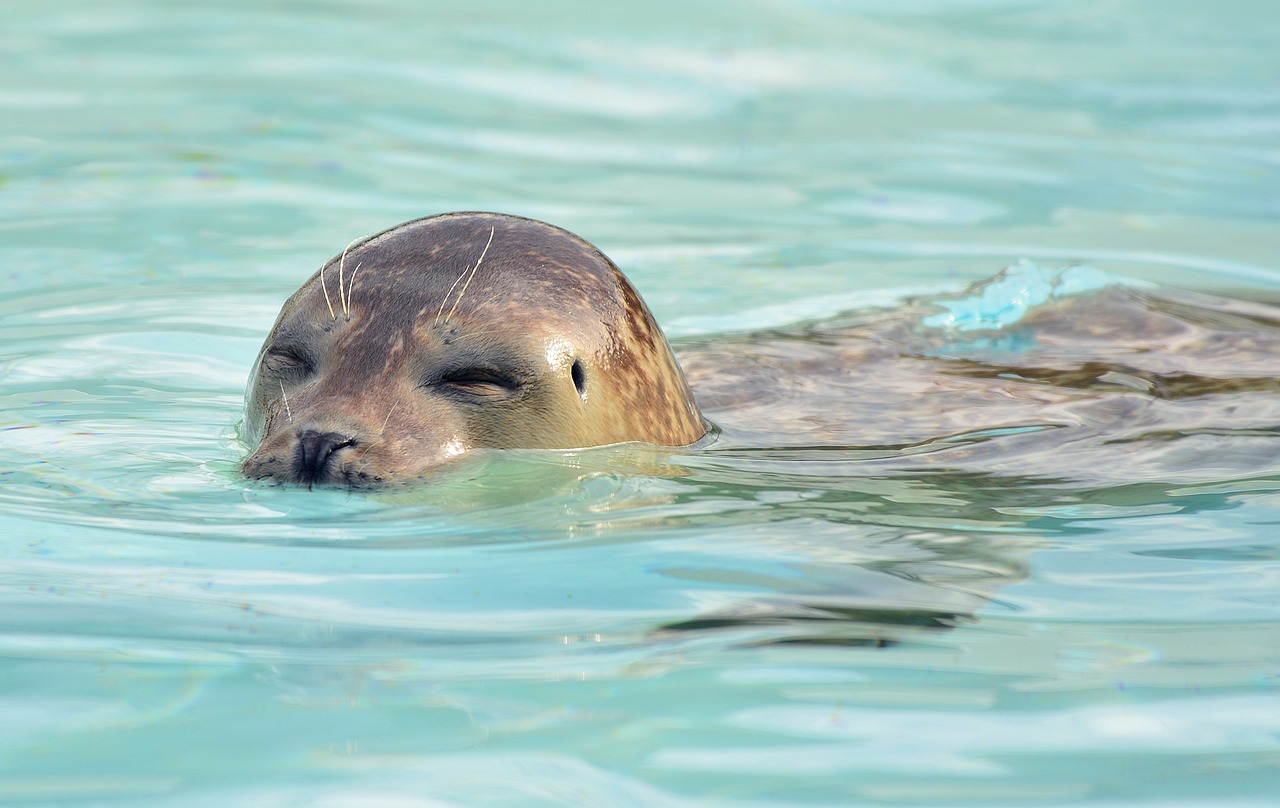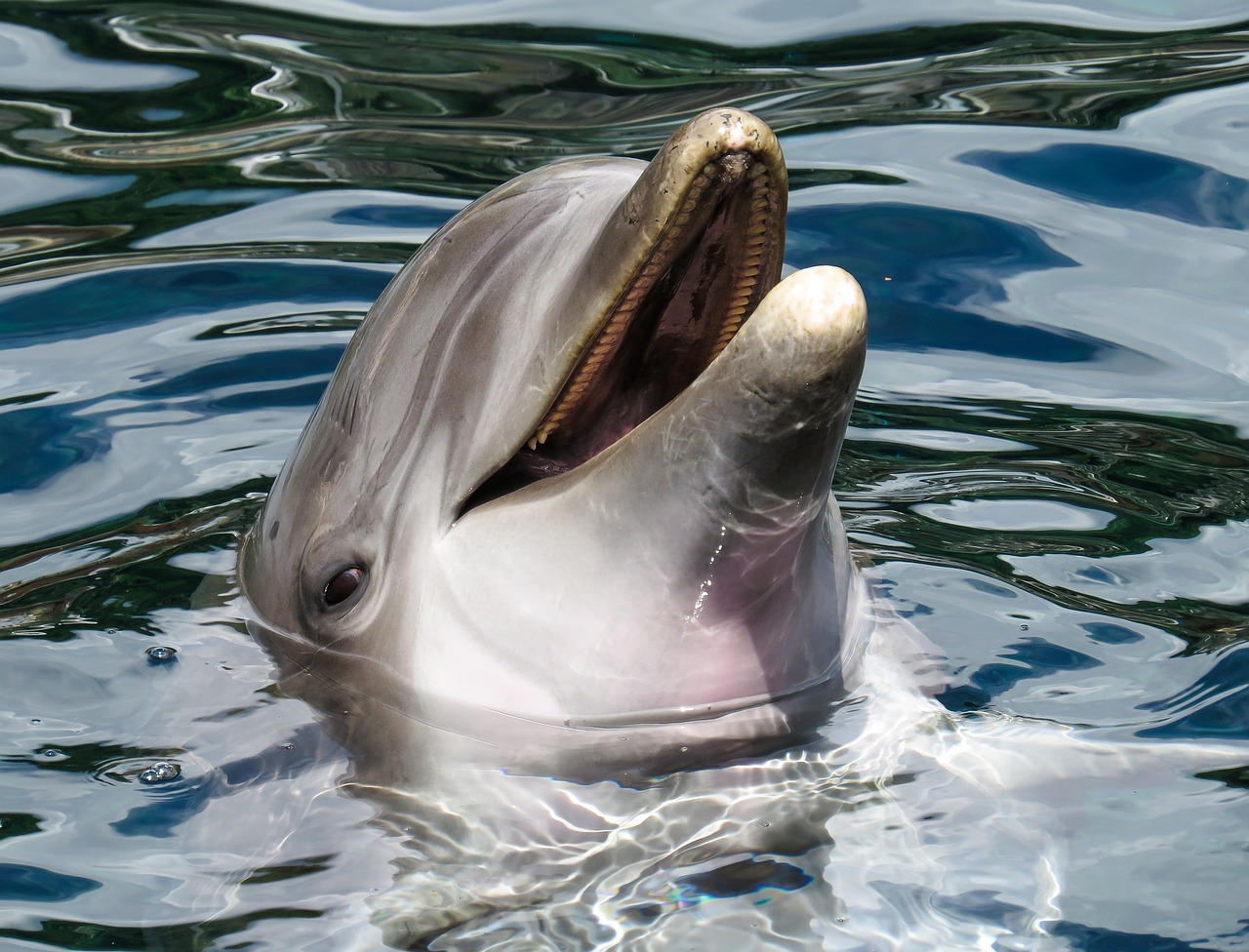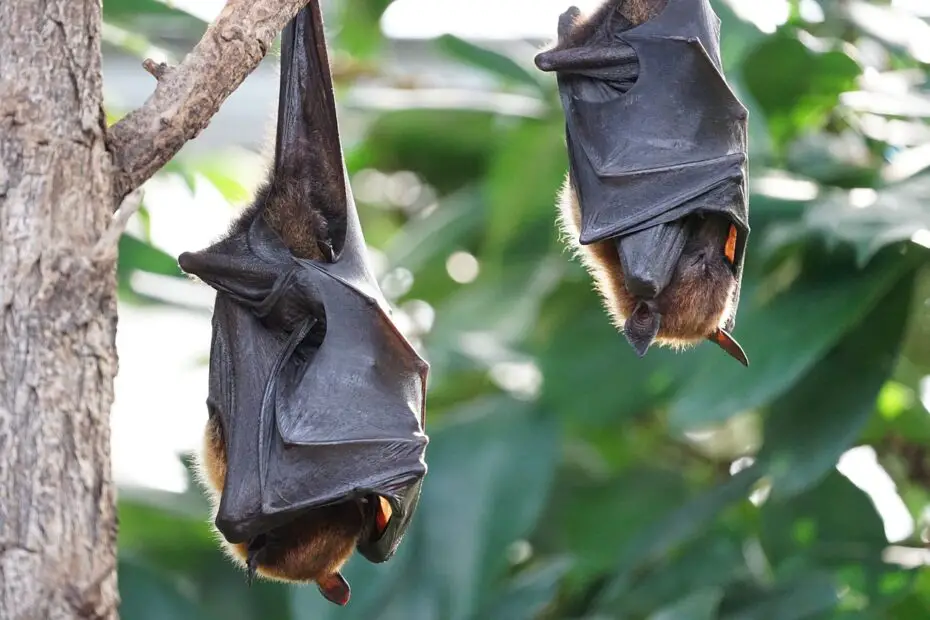Sleep, an essential biological phenomenon, has intrigued scientists and philosophers for centuries. It plays a vital role in the physical and mental well-being of animals across the globe. While sleep is ubiquitous among living beings, there exists a captivating group of creatures that seems to defy the need for slumber.
These animals, often described as “sleepless,” possess unique sleep patterns that set them apart from their slumbering counterparts. In this article, we embark animals that never sleep on a journey to explore the sleep habits of these fascinating beings and the wonders of their sleepless existence.
You may also want to know if spiders have tongues.
Sleep Patterns Across the Animal Kingdom
The animal kingdom is a diverse tapestry of sleep behaviors, with species exhibiting an array of sleep patterns. From the catnaps of some mammals to the deep slumbers of others, sleep durations and behaviors vary significantly across different taxa.
The Myth of Animals that Never Sleep
The term “sleepless creatures” can be misleading. While some animals require minimal sleep, no living beings are truly devoid of rest. We unravel the myth surrounding these sleepless claims and shed light on the truth behind their rest patterns.
Animals with Minimal Sleep
Certain animals have evolved to function with remarkably reduced sleep. These creatures have adapted unique strategies to survive and thrive with minimal rest, challenging our understanding of sleep requirements.

Marine Mammals: Sleep at Sea
The aquatic realm is home to fascinating marine mammals like dolphins, whales, and seals. These creatures face the challenge of sleep at sea, where the need for oxygen and vulnerability to predators influence their rest patterns.
The World of Nocturnal Creatures
The cover of darkness offers a sanctuary for nocturnal animals. We delve into the lives of these captivating creatures and their sleep habits, which are intricately linked to their nighttime activities.
Sleepless Birds: To Rest or Not to Rest
Some bird species present peculiar sleep patterns, particularly those involved in long-distance migration. We explore how these birds manage prolonged periods without sleep and the implications for their survival.
Sleep in the Sky: Bats and Beyond
Bats, along with other creatures capable of flight, confront the challenge of resting while airborne. We delve into the unique sleep behaviors of these sky-dwellers and the adaptations that facilitate their sleep mid-flight.
Sleepless in Extreme Environments
Animals that inhabit extreme environments, such as the Arctic or Antarctic regions, face sleep challenges. We explore their adaptations to cope with minimal rest in harsh conditions.
Coping with Sleeplessness
The ability of sleepless animals to cope with their unique rest patterns lies in their biological and behavioral adaptations. We delve into these remarkable mechanisms that enable them to function without traditional sleep.
The Role of Sleep in Animal Behavior
Sleep plays a pivotal role in regulating animal behavior, memory consolidation, and cognitive functions. We explore the significance of sleep in shaping animal interactions and social dynamics.
Sleepless in the Wild: Survival and Predation
The sleep habits of animals have implications for their survival and predator-prey relationships. We examine how sleepless animals navigate the challenges of survival in the wild.
The Human Connection: Sleep Studies and Insights
Studying animal sleep patterns offers valuable insights into human sleep science and health. We discuss the connections between animal and human sleep research and potential applications.
Sleeping When Vulnerable: Protecting Sleepless Creatures
Conservation efforts play a vital role in preserving animals with unique sleep patterns. We highlight the importance of protecting their habitats and ensuring their survival.

Sleep in Captivity: Challenges and Solutions
Animals with non-traditional sleep patterns face challenges in captivity. We discuss the efforts made to address their sleep needs in zoos and sanctuaries, ensuring their well-being.
The Intricacies of Sleep Research
We explore the methodologies used in studying animal sleep patterns and behaviors. From observational studies to cutting-edge technologies, researchers uncover the mysteries of sleep.
Sleep Evolution: From Ancient to Modern Creatures
Sleep patterns may have evolved differently in ancient and modern animal species. We explore the relationship between sleep, brain size, and metabolic requirements across evolutionary history.
Unanswered Questions and Future Directions
Despite advancements in sleep research, many questions about sleepless creatures remain unanswered. We discuss future directions in understanding their sleep behaviors and adaptations.
Conclusion
Animals that Never Sleep: The world of animals that seemingly never sleep is a testament to the astonishing diversity of life on Earth. From the depths of the oceans to the highest skies, these creatures challenge our understanding of sleep and inspire further exploration. As we continue to uncover the secrets of their sleepless existence, let us cherish and protect these extraordinary beings and the natural habitats they call home.
FAQs:
1. Do sleepless animals truly exist?
- While some animals require minimal sleep, no creatures are entirely devoid of rest. All living beings need some form of rest, although the duration and manner of sleep may differ significantly.
2. How do animals with reduced sleep cope with their daily activities?
- Animals with reduced sleep have evolved biological and behavioral adaptations to function efficiently with little rest, enabling them to carry out their essential activities.
3. Can animals sleep while swimming or flying?
- Yes, some animals, such as marine mammals and certain bird species, have adapted to sleep while swimming or flying, often employing sleep strategies unique to their environments.
4. How does studying animal sleep benefit human sleep research?
- Studying animal sleep patterns provides valuable insights into sleep science, offering potential applications for understanding human sleep health and behavior.
5. What are the conservation challenges faced by animals with unique sleep patterns?
- Animals with non-traditional sleep patterns may face threats to their natural habitats and the disruption of their sleep behaviors, making conservation efforts critical for their survival and the preservation of their ecosystems.
